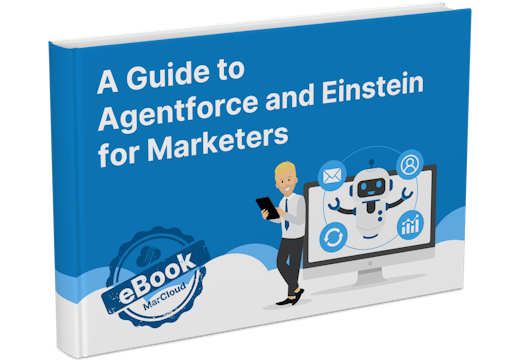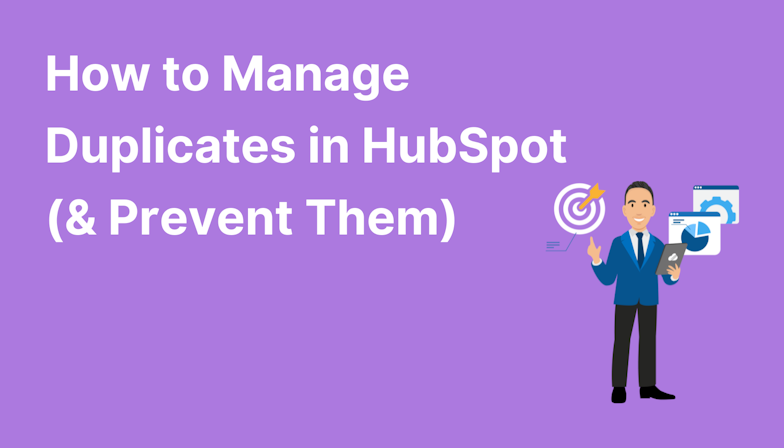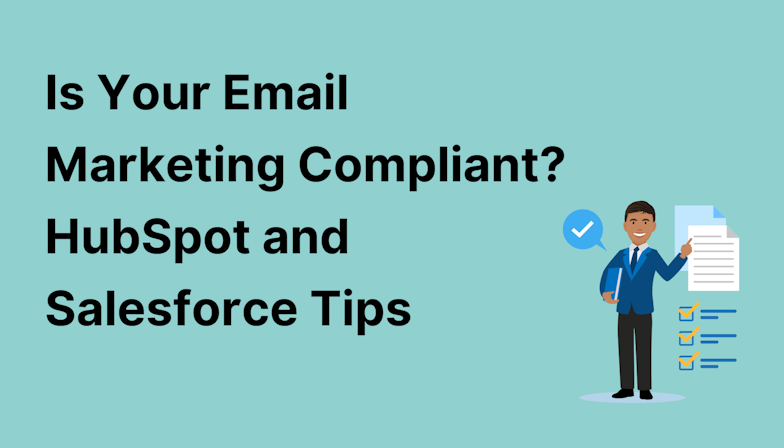With Einstein, marketers gained powerful capabilities like predictive analytics and content recommendations, streamlining workflows and enhancing campaign performance. But as technology advances, so do customer expectations, leaving many wondering what’s next in the evolution of AI for marketing.
Enter Agentforce, Salesforce’s newest AI offering that’s capturing the attention of Trailblazers worldwide. Designed as an autonomous AI agent, Agentforce promises to revolutionise how marketers manage their campaigns, analyse data, and demonstrate ROI.
Unlike Einstein, which requires user input to function effectively, Agentforce is capable of acting independently, processing complex tasks with little to no intervention. For marketing teams already stretched thin, this could massively change the game.
That said, the buzz around Agentforce hasn’t come without questions. How does it differ from Einstein? Can it really deliver on its promises, or is it simply the latest tech trend? The Trailblazer community is alive with discussions, ranging from cautious optimism to outright scepticism. Some are excited about the potential for automation and operational efficiency, while others are concerned about the learning curve and implementation challenges.
This blog cuts through the noise to clarify the differences between Agentforce and Einstein, their unique benefits, and how they can work together to support marketing professionals. If you’re a Salesforce customer trying to decide whether Agentforce is right for your team - or simply want to understand its capabilities better - read on.




